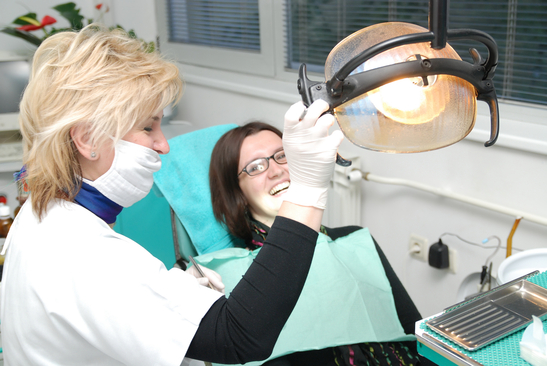 Dental insurance is intended to help offset the costs associated with dental care. The mere thought of out-of-pocket expenses prevents many Americans from receiving routine and necessary dental treatment.
Dental insurance is intended to help offset the costs associated with dental care. The mere thought of out-of-pocket expenses prevents many Americans from receiving routine and necessary dental treatment.
Most dental care coverage places an emphasis on regular preventive care by covering small routine costs. A thorough examination by the dentist and a set of x-rays are all it usually takes to diagnose a problem.
Common FAQs in Deciding the Best Dental Insurance for Your Needs according to key studies from many noted journals, regular trips to the dentist can prevent serious and costly dental and medical conditions. Poor oral health can do more than ruin your smile. It is also linked to heart disease, respiratory conditions, dementia, diabetes, breast cancer and retinal bleeding. Trying to understand which dental insurance policy is best, what procedures your policy covers and an assortment of other dental insurance related questions can be quite confusing and irritating. Argh! Well, rather than bemoan the dental insurance issue, let’s take a few minutes to examine some of the most common questions associated with dental insurance.
1. What is dental insurance?

While this may seem like a rather elementary question, it bears answering. Dental insurance works like standard medical insurance. It has three main types of coverage.
2. What are the three types of dental coverage?
Preventative Services, which covers a set number of annual cleanings and X-rays, is normally covered 100%. This coverage is geared towards “preventing” costly procedures that could potentially be needed. Basic Services covers procedures such as fillings, root canals, simple extractions, oral surgery or other common dental procedures. Major Services covers crowns, bridges, dentures and other procedures that are the most expensive. With both Basic and Major Services the policy holder will normally have to pay part of the costs and often times there are waiting periods before the dental insurance will pay.
3. What about an HMO Dental insurance plan?
Also known as, a Capitation Dental Insurance plan, this type of dental insurance usually involves choosing a dentist based on a list of pre-approved dentist; going outside that list may result in your paying the full cost. It is always in your best interest to choose an policy where your dentist is in their provider networks.
4. What is a UCR?
Standing for Usual, Customary and Reasonable, a UCR policy allows the insurance provider to choose what they are willing to pay for and how much. Typically, there is no standard fee or accepted method for determining what the UCR amount will be, though it can include factors such as region of the country, number of procedures and even the cost of living for that region. If your dentist is “in-network” with a dental insurance company it means that he has a contract where he has agreed to accept their UCR for various dental procedures.
5. What is the maximum amount per year that a dental policy will pay for all services?
While this can vary by insurance provider and policy, the amount is from $1,000 to several thousand.
Even though dental insurance, like standard health insurance, can be pricey, these recent studies indicate it is more important than ever not to overlook dental insurance. Take the time to find the best dental insurance that is right for your needs so you can keep your smile looking great and improve your overall health.
Health Insurance Solutions of NC is an independent authorized agency licensed to sell and promote products from Blue Cross and Blue Shield on North Carolina (Blue Cross NC). The content contained in this site is maintained by Health Insurance Solutions of NC. Blue Cross and Blue Shield of North Carolina is an independent licensee of the Blue Cross and Blue Shield Association.
For a dental quote from BlueCross BlueShield of North Carolina, Cigna, Delta Dental, Humana or United Healthcare (also known as Golden Rule) contact Wanda Stephens here, or call her at 919 845-6001. You may also get a dental quote or apply for dental insurance for Cigna, Delta Dental, Humana or United Healthcare below.








